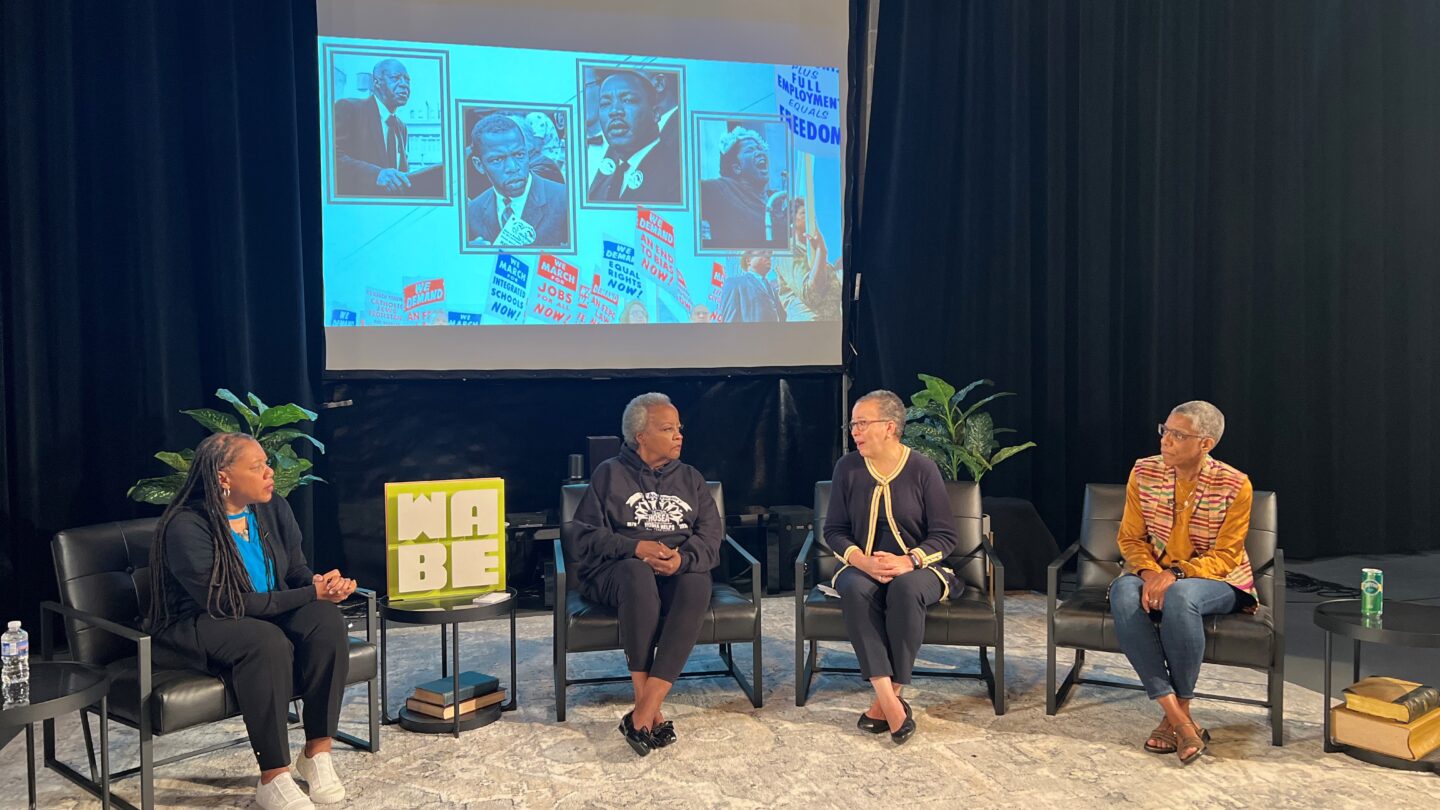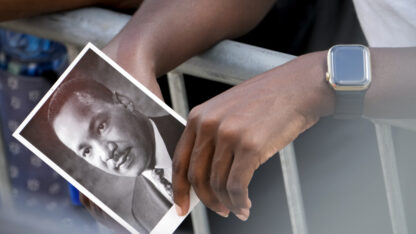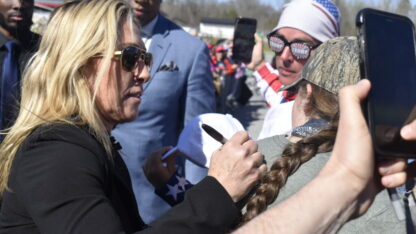60th anniversary of the March on Washington: The impact then, the message now

Monday marks the 60th anniversary of the March on Washington for Jobs and Freedom. It’s estimated that nearly 250,000 people gathered at Lincoln Memorial in Washington, D.C., to stand in solidarity for racial and social equality.
On Monday, for a special edition of “Closer Look,” show host Rose Scott talked with guests about the march’s pivotal point in history with a special guest who witnessed the event. Experts also shared details about the march’s impact on today’s society.
First, Elisabeth Omilami, a civil rights activist and humanitarian, reflected on attending the march. She told Scott that her mother and other women laid out the infrastructure of the march by creating flyers, packing food and supplies, and by fundraising.
During the discussion, Omilami also talked about what it was like growing up as the daughter of Hosea Williams, a former aide of Rev. Dr. Martin Luther King Jr. and the moment she saw her father crying after the march.
Dr. Beverly Daniel Tatum, an expert on the psychology of racism and former president of Spelman College joined in the discussion, along with Elizabeth J. West, a professor of English and co-director of Georgia State University’s Center for Studies on Africa and Its Diaspora.
They talked with Scott about the state of democracy after the march and now. They shared how racial and equality issues have grown and taken new shape, but the vantage point for Americans is different now. They expressed the importance of taking on a fresh prospective to Dr. King’s “I Have a Dream” speech.








